
Psychologist Sheds Light On New Harvard Research Revealing How Spanking Could Have Long-Term Effects On Kids’ Brain Development
InterviewBesides being a controversial and perhaps insufficiently covered topic, spanking to discipline children has received more attention in the past few days. There’s a new study out by Harvard researchers about how spanking is affecting children’s brain development in ways similar to more severe forms of violence. A psychologist on TikTok, Dr. Han Ren, PhD, who has over 96.2K followers and over 1.1M million likes, posted a video explaining the recent Harvard research as well as few other reels regarding the topic around children and spanking.
Bored Panda got a chance to discuss some issues with Dr. Ren and get to know her. Let us know in the comment section what your thoughts are about this attention-drawing and controversial practice!
Dr. Han Ren, a licensed psychologist and school psychologist, stepped up in explaining the new research from Harvard about spanking children and its negative effects
Image credits: drhanren
Dr. Han Ren is a licensed psychologist and school psychologist in private practice, based in Austin, Texas. She is a mother of two and a cycle-breaker in intentionally working on not perpetuating generational patterns with how she raises her own children. Han started TikTok 6 months into the pandemic mostly as a creative outlet and a way to spread information about mental health. “I noticed there was a growing interest in mental health and therapist creators on the platform and thought ‘I could do that!’ I also noticed the lack of diversity in popular creators and the dearth of content specifically centering BIPOC individuals speaking to the complexities of mental health within our cultures. I decided to take a stab at it and my platform grew pretty quickly!” shared the doctor.
Image credits: drhanren
One of the new studies to come from researchers at Harvard used an fMRI machine to see the changes in different parts of 10-11-year-old children’s brains as they were shown pictures with different facial expressions and recorded the arousal in the prefrontal cortex. The brains of children who have been spanked demonstrated more arousal than normal and were just as severe as the patterns of the brains of children that experienced severe abuse. The evidence suggests that even mild spanking leads to similar brain development patterns as abuse does, which overall could mean that spanking leads to negative developmental outcomes.
Researchers looked at the prefrontal cortex — the part of the brain that’s responsible for executive function, decision-making, planning, and higher-order thinking
Image credits: drhanren
They also focused on brain activation in the part of the brain responsible for emotion, especially fear and anger
Image credits: drhanren
“We know that children whose families use corporal punishment are more likely to develop anxiety, depression, behavior problems, and other mental health problems, but many people don’t think about spanking as a form of violence,” claimed Katie A. McLaughlin, who is a John L. Loeb Associate Professor of the Social Sciences and director of the Stress & Development Lab in the Department of Psychology, and who also was the senior researcher on the study, as published in Child Development journal.
Image credits: drhanren
Turned out that kids who had been spanked had an especially high level of activation to fearful faces that was equal to that of kids who experienced severe abuse
Image credits: drhanren
Dr. Han doesn’t think that the parents, even of millennials, realized that spanking would cause harm for their children in the future. “It’s been generally regarded as an acceptable practice, and parents who use it tend to justify it as a separate thing from more severe forms of physical abuse. There are plenty of parents who have noted that they plan to continue to use this practice despite the evidence, as well as individuals who defend their parents for using it. Beliefs remain socially entrenched, but change is slow and I’m so glad it’s getting recognition and visibility.”
Image credits: drhanren
Dr. Ren stressed the fact that spanking is actually not a good practice to discipline children
Image credits: drhanren
Image credits: drhanren
“TikTok is definitely having a moment around spanking content. I noticed it coming up with many other creators, especially creators of color. I was surprised to see the amount of controversy and backlash in comments with people really doubling down on defending spanking. When I came across this article, I wanted to share the new scientific evidence against the use of this practice, especially since it differentiates mild spanking from abuse. I knew the topic was hot, but I didn’t expect it to go as viral as it did!” admitted Han.
Image credits: drhanren
@drhanrenTW: ##spanking. This is a hill I will die on. ##parenting ##childdevelopment♬ Morning – Liqwyd
Video credits: drhanren
Dr. Ren explained the demographics of the study, explaining the diversity and inclusion data
Image credits: drhanren
Image credits: drhanren
When it comes to addressing the topic of spanking and taking it into consideration by parents, Dr. Ren underlines how important awareness is. “There are many different ways to guide children and discourage undesired behavior. Parenting is a long game. I think we forget that we’re in the weeds sometimes. Spanking brings quick and temporary results, which feels more accessible to many parents. It’s worth noting that even with parents who don’t spank, the use of emotional control, threats, coercion, and intimidation bring about similar fear-based responses in children (I don’t have the brain scan data to support this, however).” She encourages parents to learn how to guide and nurture children to do the right thing through more gentle and loving strategies.
Image credits: drhanren
The psychologist was also asked to comment on Deater-Deckard’s research about cultural differences in outcomes for children who have experienced physical discipline
Image credits: drhanren
Image credits: drhanren
Ren also has a video commenting on Deater-Deckard research about cultural differences in outcomes for children who have experienced physical discipline. She explains that many of the studies focus on externalizing acting-out behaviors and showing that in countries where physical punishment is more normalized, there is no rise in acting-out social behavior.
Image credits: drhanren
Image credits: drhanren
Ren also shared that generational trauma and humans’ history of brutality against each other is playing a significant role in our cultural behavior and in what is considered to be the ‘norm’
Image credits: drhanren
In her video about the use of physical punishment in communities of color, she addresses the impacts of generations of enslavement and colonization. According to her, many communities of color that cling onto spanking as part of their culture historically come from constantly enslaved and oppressed backgrounds and that it makes sense to repeat what one knows and their ancestors knew, although it seems that it may be coming from love and the urge to keep children safe. But Dr. Ren points out that there is confusion between what’s cultural and what’s actually generational trauma and highlights that “just because this happened to us, that doesn’t mean we need to repeat it to our kids.”
Image credits: drhanren
Many of the habits and ideas behind certain behavior comes from what we know and is tied to our ancestors’ knowledge and understanding
Image credits: drhanren
Image credits: drhanren
Image credits: drhanren
In her posts, Dr. Ren reflects that spanking children will lead to mistrust of their caregivers and make them be sneaky regarding bad behavior, as they obviously don’t want to get punished and totally miss the understanding of the impact of their actions. She also challenges people’s standpoint when it comes to things that were once ‘normal’ such as smoking and drinking alcohol during pregnancy, and that some parents’ thought of “I was spanked and I turned out fine” might not be the case for many children.
Image credits: drhanren
Image credits: drhanren
She quotes Audre Lorde that “we cannot dismantle the master’s house with the master’s tools.” and pinpoints that some practices often come from a place of desperation, lack of viable alternatives, and the stressors of ongoing brutality and oppression.
This is what the people on TikTok shared in response to the topic of using spanking as a form of discipline for children
7Kviews
Share on FacebookI was thinking "We were spanked, and we were fine." But actually, I wasn't fine. I was depressed and anxious by age 11, my first suicide attempt at 14. I grew up always afraid of other people's anger, afraid of contradicting or correcting people, unable to stand up for myself, afraid of asking for what I need, emotionally or materially. I wasn't fine. If you were spanked as a kid, you can probrably remember it; that gut clenching, shoulder tensing, heart sinking dread of "about to be spanked" then the lasting resentment, grief and humiliation. That feeling is what harms a child, I think, not the relatively brief sting of a minor spanking. We forget the vast majority of the accidental bumps and bruises of childhood. That gut-level fear and dread that sticks with you, as does the feeling of loss of the parent's love, and positive regard. That is what's damaging.
I thought I was reading about myself I was spanked severely when I was 5 why I can't remember but every slap of her hand on my butt I remember. I remember her putting my brother into his room and then my mother disappeared and a monster came she mad me strip my bottom clothes off so it was skin on skin I remember pleading with her not to but she kept on and on my life was destroyed that afternoon I was bullied at school my first suicide attempt I was 15 and what followed was a life of fear and bad decisions I remember that day and 10 years ago I just didn't go back to visit her she is old and frail. I have 2 daughters and I never lifted a finger to any of them
Load More Replies...Spanking and abuse are separate. A spank was "one swat of hand on butt with a sharp talk about why". Abuse was "throttled against wall". I KNOW THE DIFFERENCE. And, y'know what? they *both* preprogrammed my brain from age 2 onward to live in terror of getting anything wrong, ever, so that I was too terrifie dto move, speak, lest it make the pain happen. But NEVER SELF-DIAGNOSE. 1. Even doctors shouldn't and 2. you certainly do understand rules. I never acted out, FYI. I tried suicide instead. Let's chat about that, too. And that's all I got.
Believe her when she tells you the results of the brain scans then. It isn't as bad as what we went though, but it's bad. ...///... From the ages of about 3 to 17 when my mother kicked me out of the house (she was afraid the police might believe me if I showed them the bruises), my father systematically pounded on me. He didn't need an excuse. The attacks came from nowhere. His favorite thing to do was throw me on the ground and kick me with his work boot. He broke my orbital bone, nose, fingers, toes, cracked all of my ribs and bruised my kidneys to the point where I urinated blood. My mother let it happen - as long as she didn't see it, I was the liar. ...///... Eventually I did whatever the hell I wanted. I figured that if I was going to take a beating, I might as well have earned it. I never got caught.
Load More Replies...I never understood why hitting a child with a weapon (belt) was OK, but if we were to do that our fellow adults it would be felony assault. "Spare the rod, spoil the child" is a horrible saying. If the only way you can discipline is through violence and fear then you are a really questionable parent.
"Spare the rod spoil the child" is one of the most misinterpreted quotes in the Bible. It doesn't mean to spank or beat your children. Jesus and his disciples ised a rod to guide themselves from place to place. The "rod" is not used as punishment but as guidance. Talking is guidance. Teaching is guidance. Quiet time and time out and losing priviledges- those are all guidance/rods. Its also what they used to guide their sheep. They never used them to beat their sheep. Such a horrible interpretation.
Load More Replies...I was thinking "We were spanked, and we were fine." But actually, I wasn't fine. I was depressed and anxious by age 11, my first suicide attempt at 14. I grew up always afraid of other people's anger, afraid of contradicting or correcting people, unable to stand up for myself, afraid of asking for what I need, emotionally or materially. I wasn't fine. If you were spanked as a kid, you can probrably remember it; that gut clenching, shoulder tensing, heart sinking dread of "about to be spanked" then the lasting resentment, grief and humiliation. That feeling is what harms a child, I think, not the relatively brief sting of a minor spanking. We forget the vast majority of the accidental bumps and bruises of childhood. That gut-level fear and dread that sticks with you, as does the feeling of loss of the parent's love, and positive regard. That is what's damaging.
I thought I was reading about myself I was spanked severely when I was 5 why I can't remember but every slap of her hand on my butt I remember. I remember her putting my brother into his room and then my mother disappeared and a monster came she mad me strip my bottom clothes off so it was skin on skin I remember pleading with her not to but she kept on and on my life was destroyed that afternoon I was bullied at school my first suicide attempt I was 15 and what followed was a life of fear and bad decisions I remember that day and 10 years ago I just didn't go back to visit her she is old and frail. I have 2 daughters and I never lifted a finger to any of them
Load More Replies...Spanking and abuse are separate. A spank was "one swat of hand on butt with a sharp talk about why". Abuse was "throttled against wall". I KNOW THE DIFFERENCE. And, y'know what? they *both* preprogrammed my brain from age 2 onward to live in terror of getting anything wrong, ever, so that I was too terrifie dto move, speak, lest it make the pain happen. But NEVER SELF-DIAGNOSE. 1. Even doctors shouldn't and 2. you certainly do understand rules. I never acted out, FYI. I tried suicide instead. Let's chat about that, too. And that's all I got.
Believe her when she tells you the results of the brain scans then. It isn't as bad as what we went though, but it's bad. ...///... From the ages of about 3 to 17 when my mother kicked me out of the house (she was afraid the police might believe me if I showed them the bruises), my father systematically pounded on me. He didn't need an excuse. The attacks came from nowhere. His favorite thing to do was throw me on the ground and kick me with his work boot. He broke my orbital bone, nose, fingers, toes, cracked all of my ribs and bruised my kidneys to the point where I urinated blood. My mother let it happen - as long as she didn't see it, I was the liar. ...///... Eventually I did whatever the hell I wanted. I figured that if I was going to take a beating, I might as well have earned it. I never got caught.
Load More Replies...I never understood why hitting a child with a weapon (belt) was OK, but if we were to do that our fellow adults it would be felony assault. "Spare the rod, spoil the child" is a horrible saying. If the only way you can discipline is through violence and fear then you are a really questionable parent.
"Spare the rod spoil the child" is one of the most misinterpreted quotes in the Bible. It doesn't mean to spank or beat your children. Jesus and his disciples ised a rod to guide themselves from place to place. The "rod" is not used as punishment but as guidance. Talking is guidance. Teaching is guidance. Quiet time and time out and losing priviledges- those are all guidance/rods. Its also what they used to guide their sheep. They never used them to beat their sheep. Such a horrible interpretation.
Load More Replies...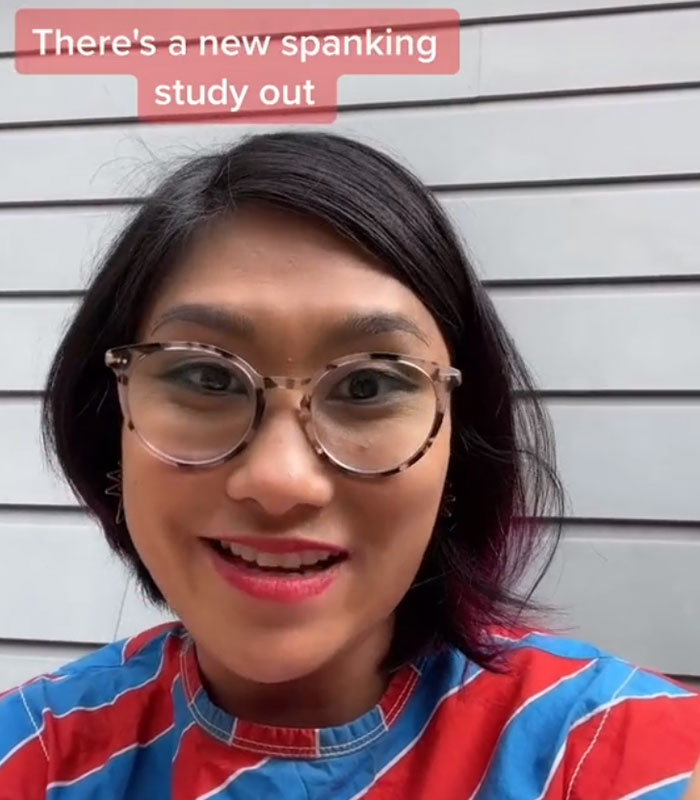
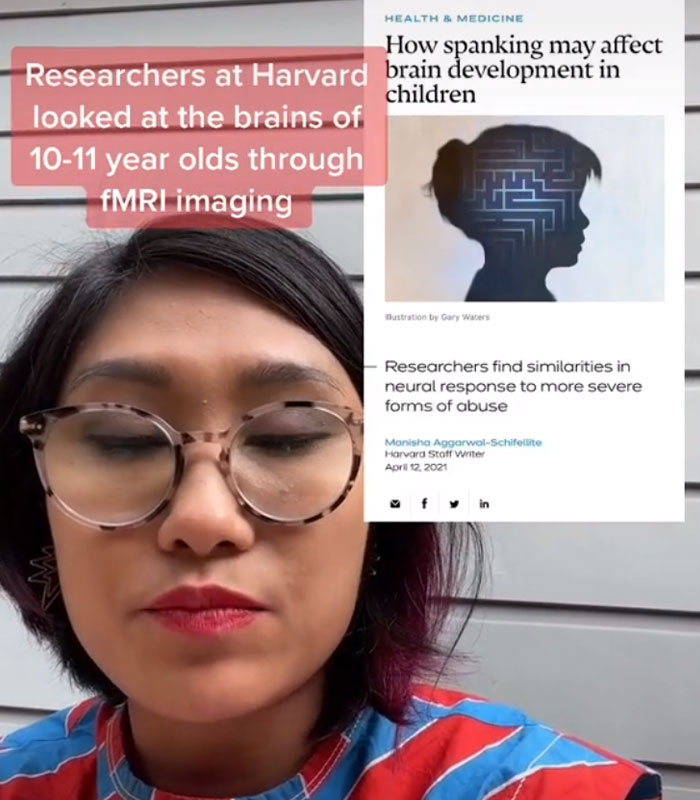
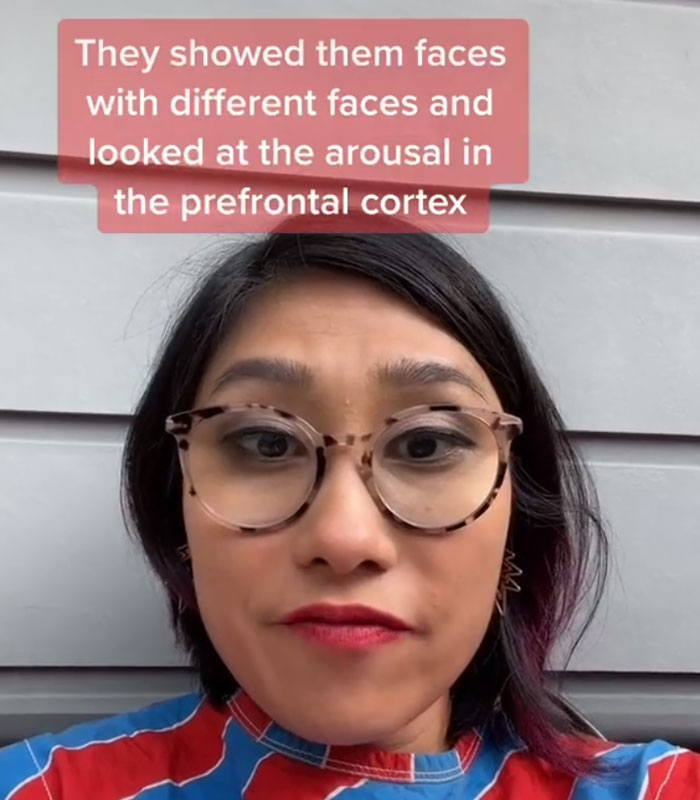
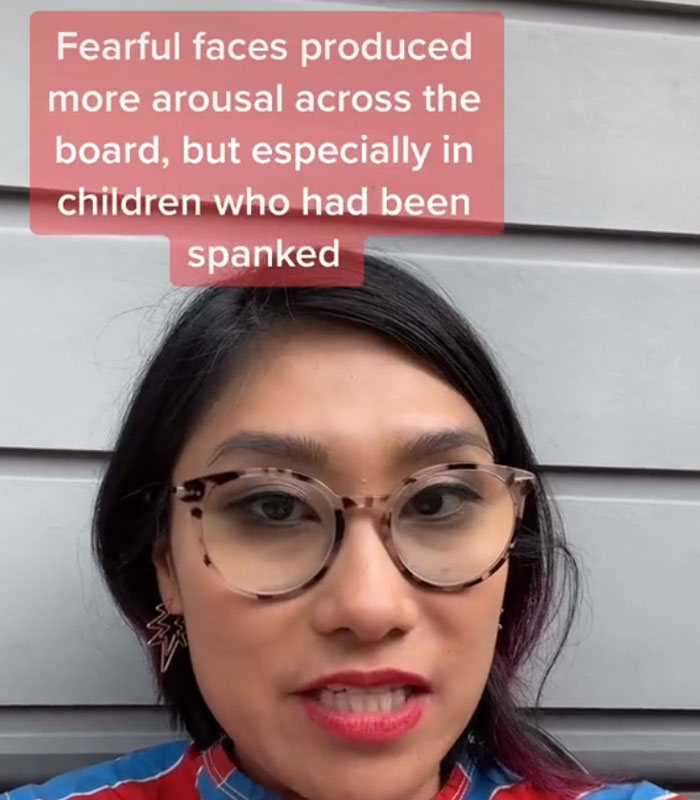
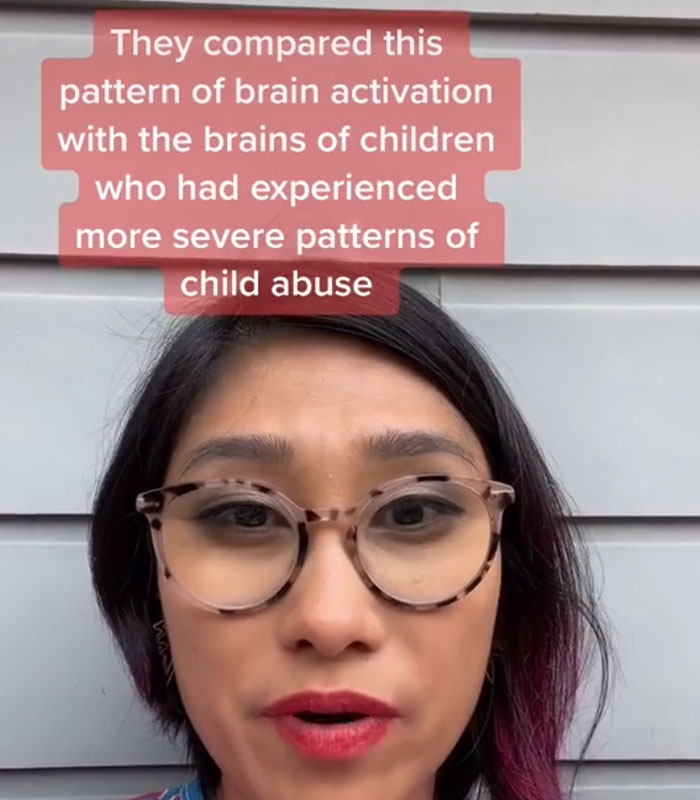
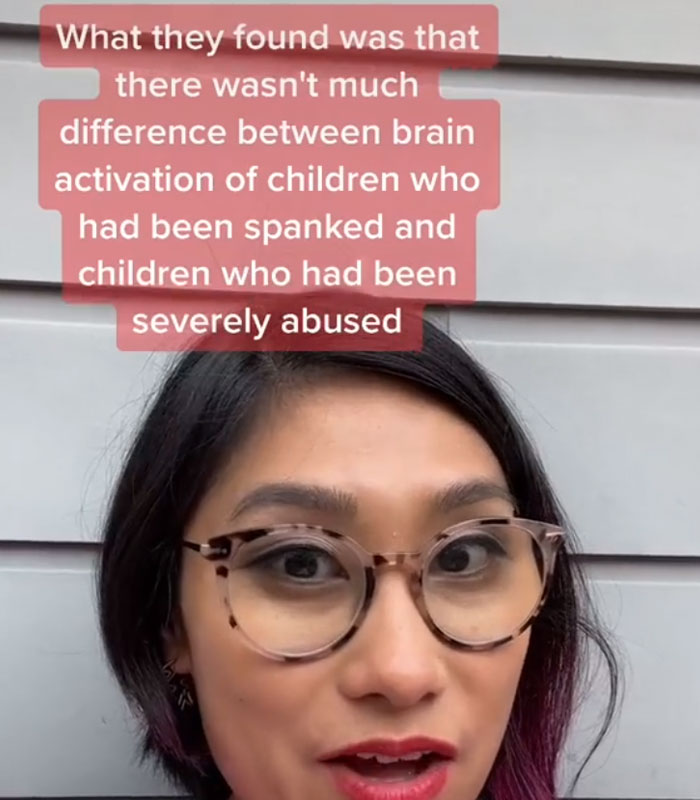
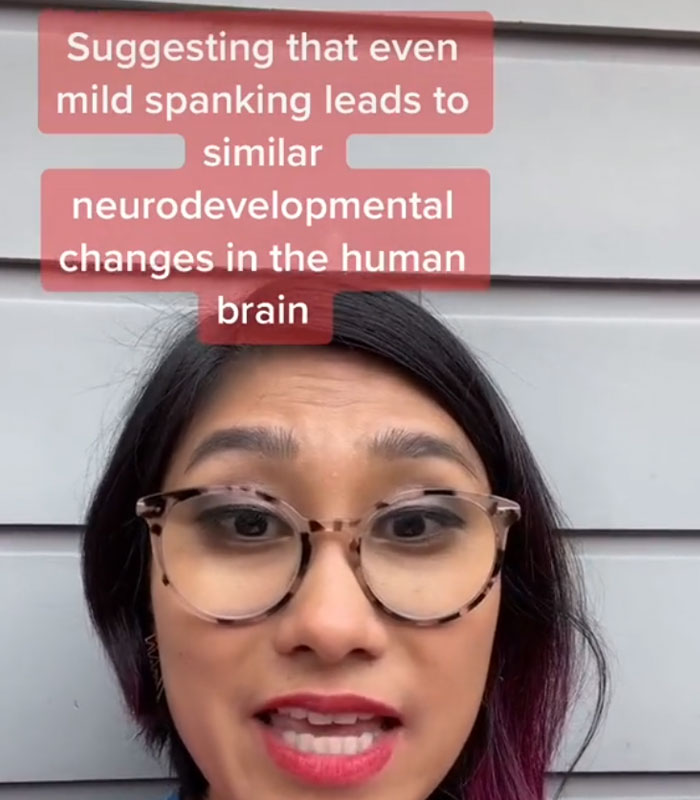
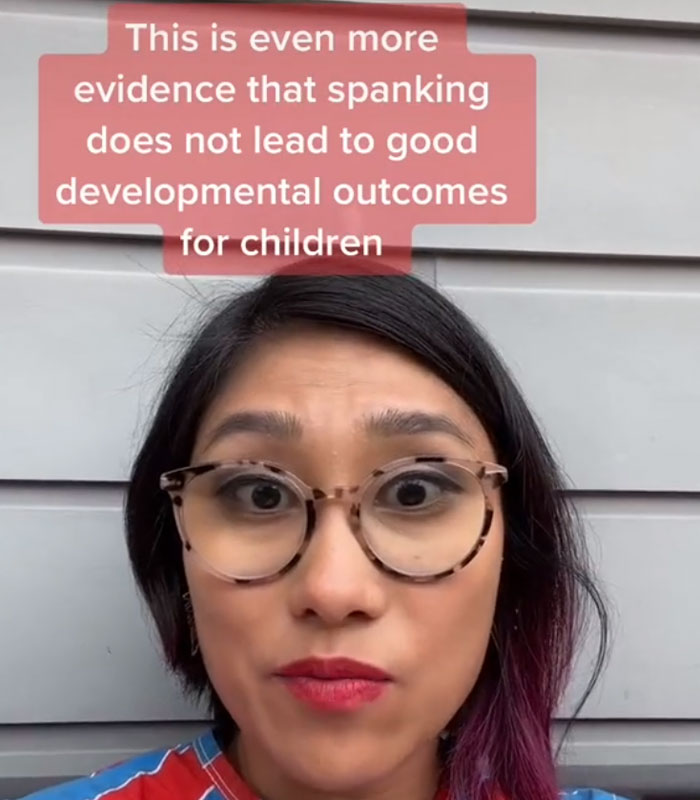
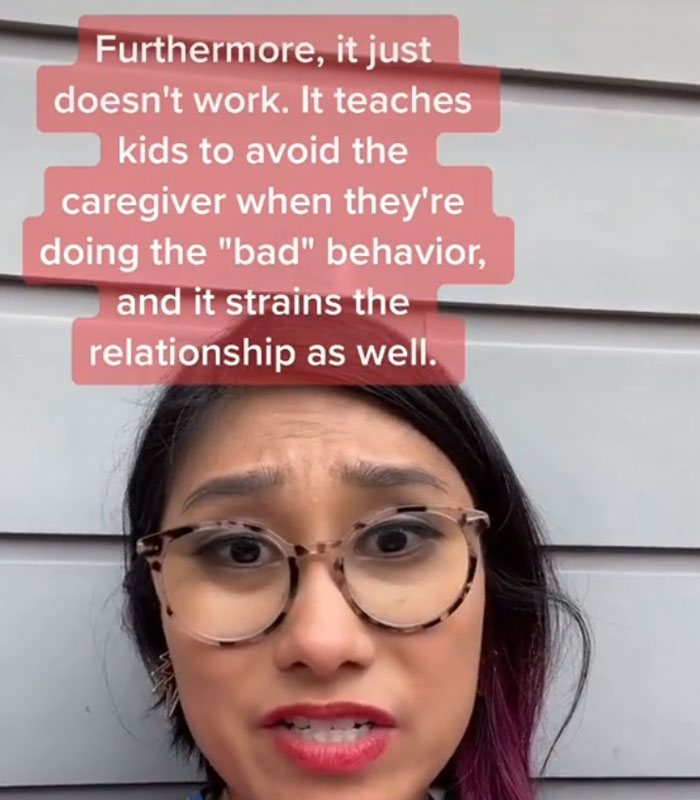
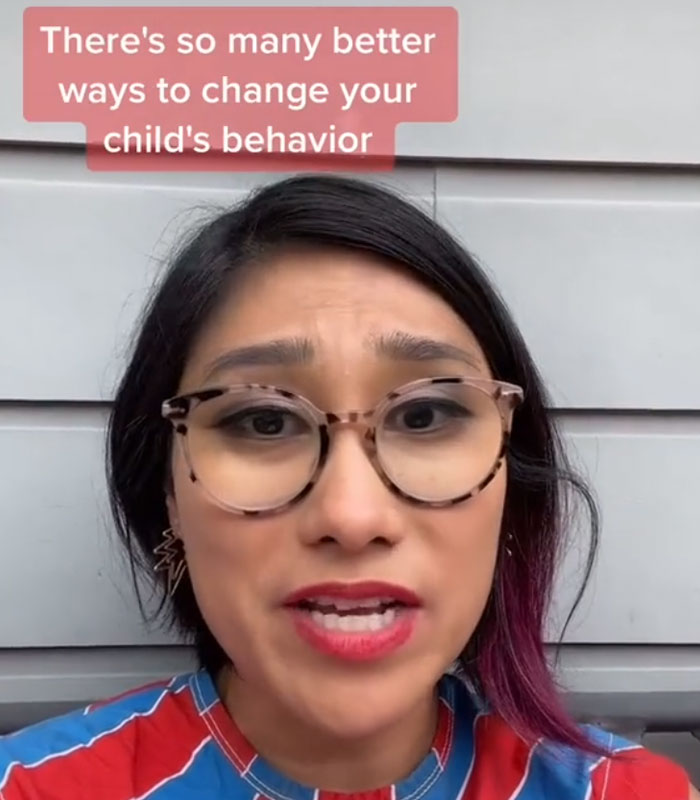
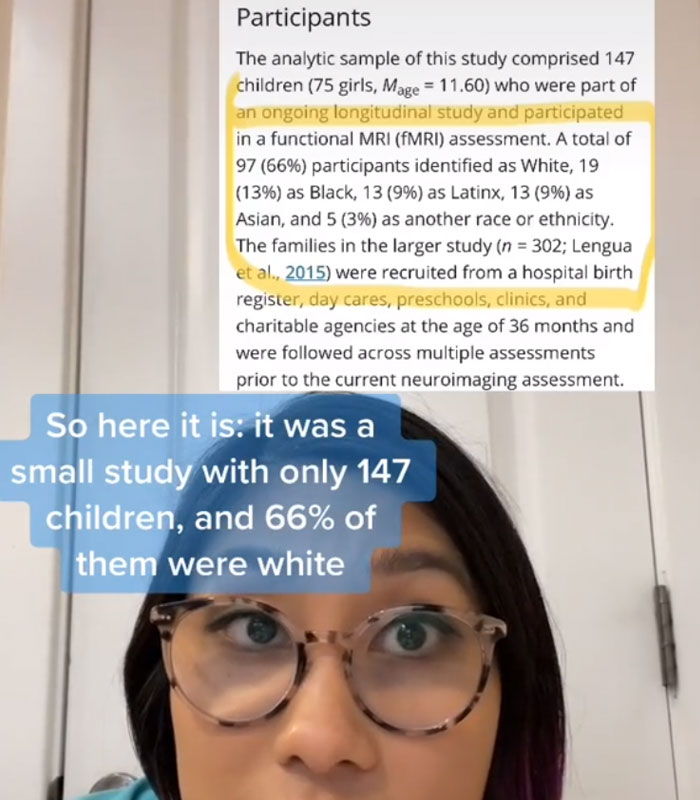
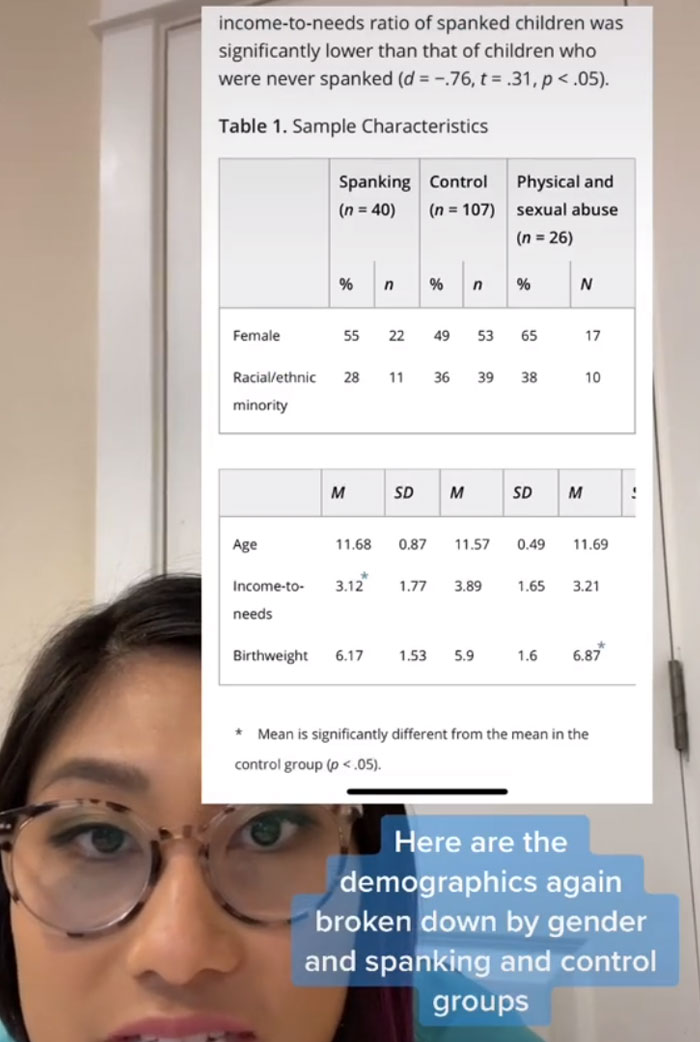
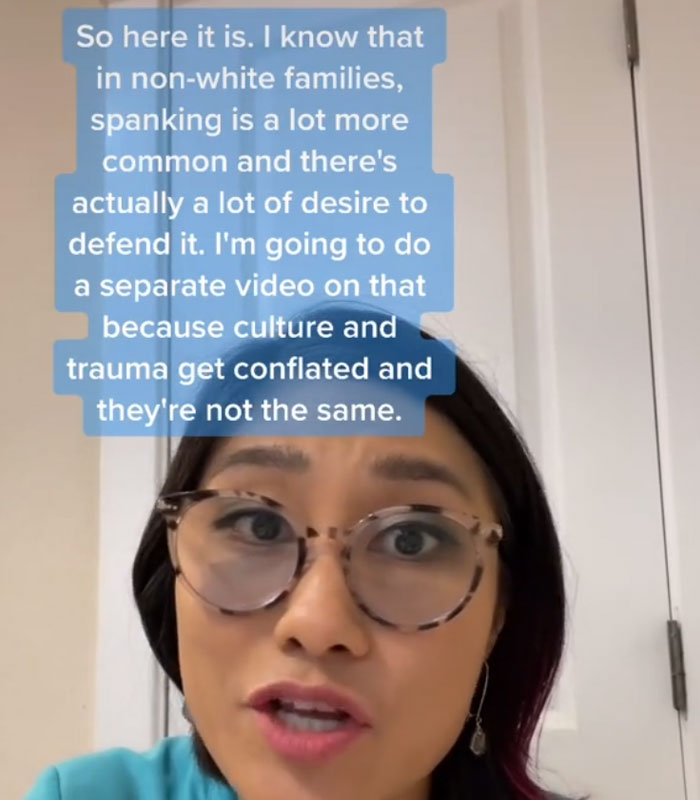
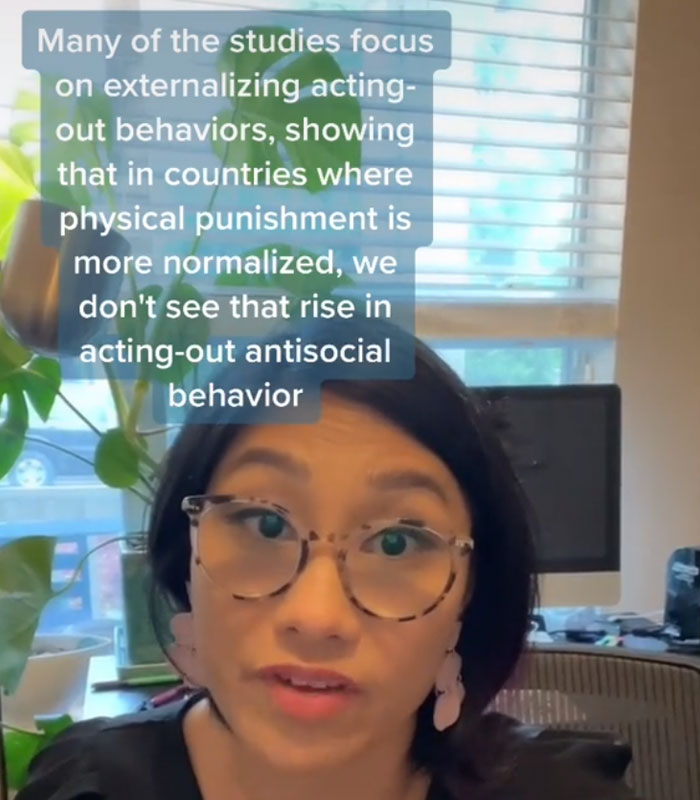
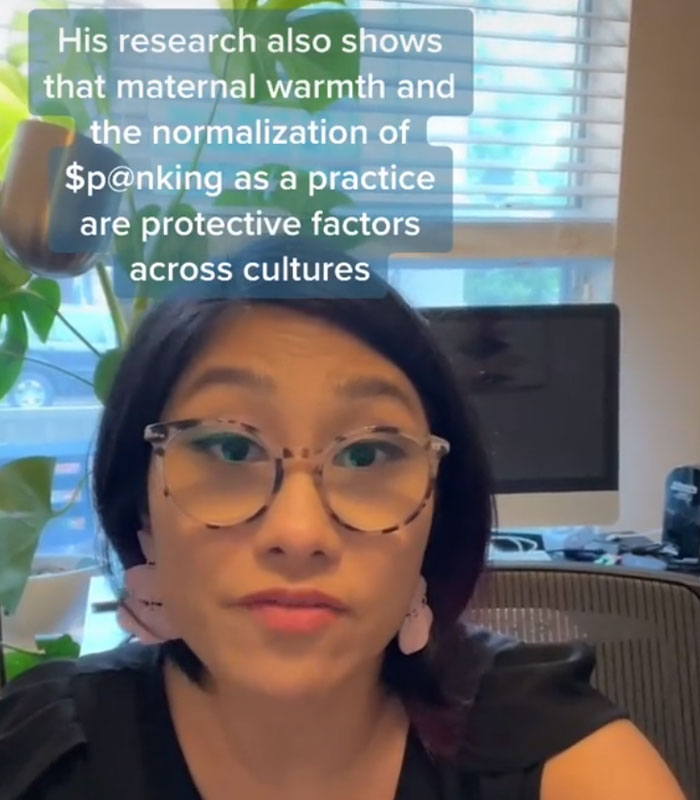
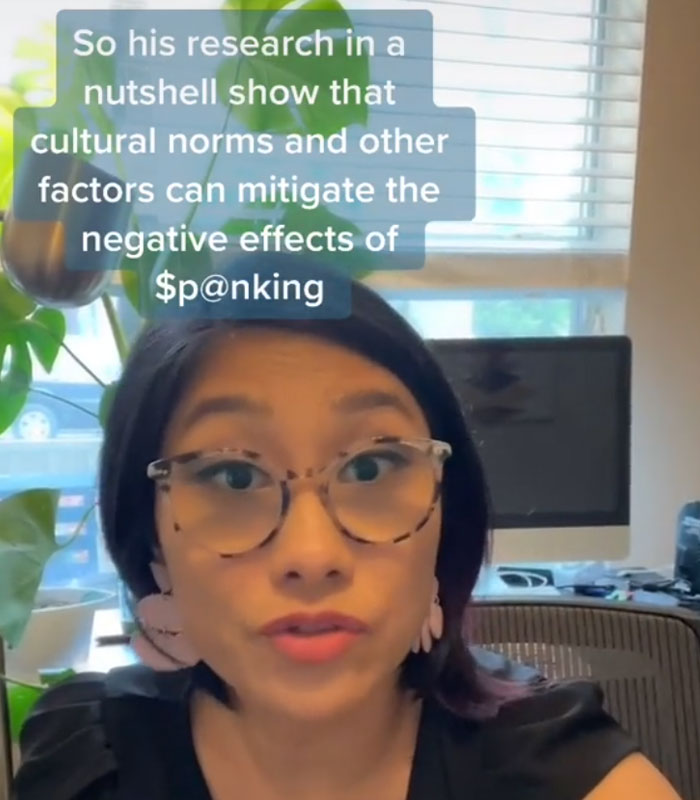
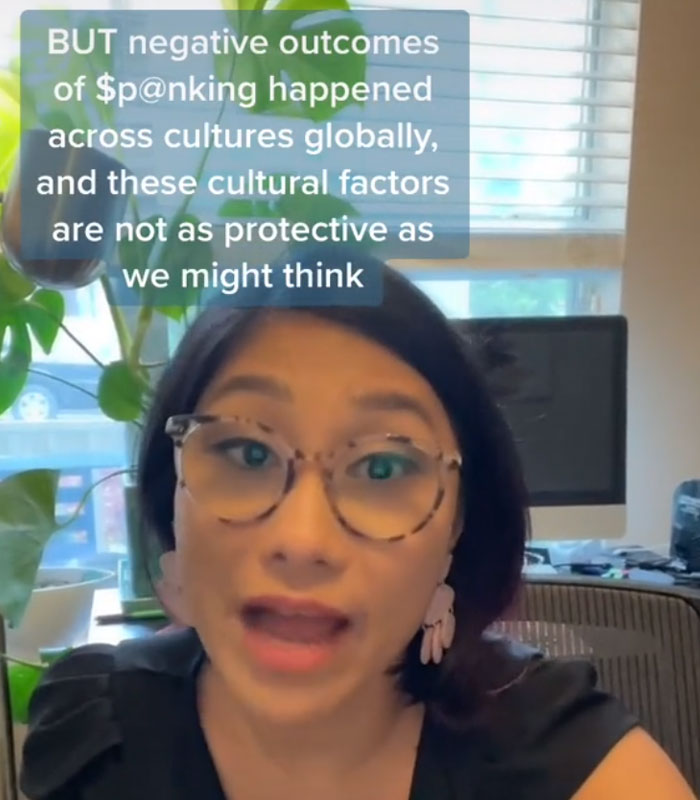
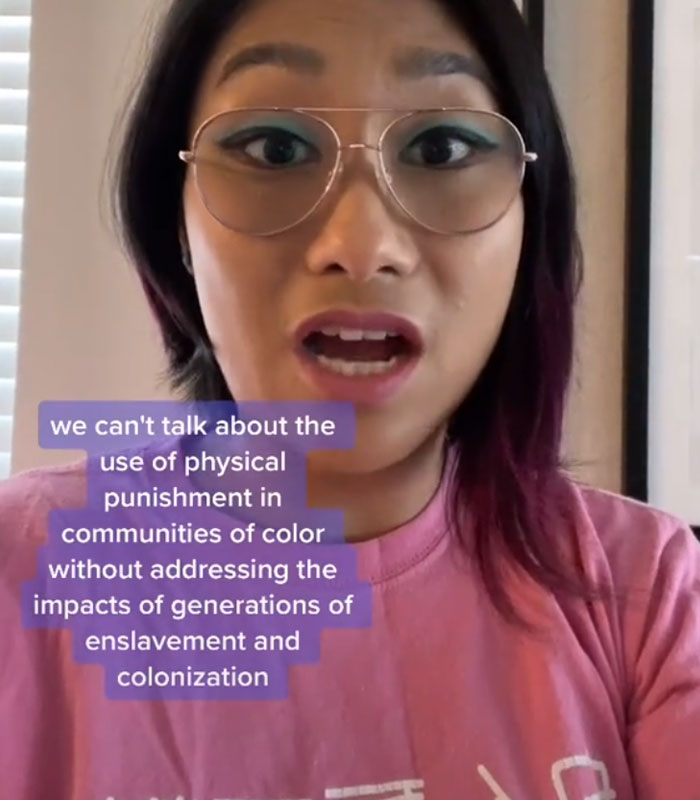
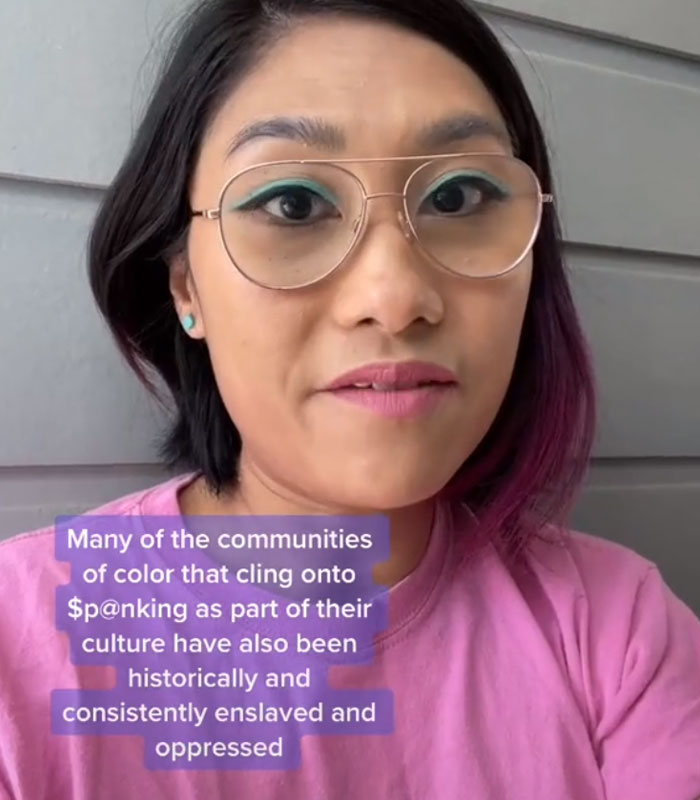
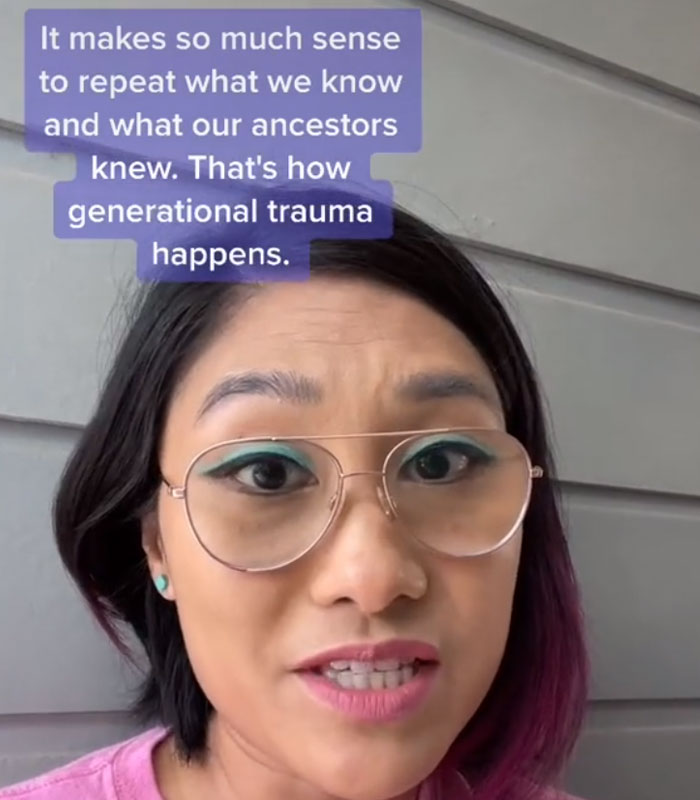
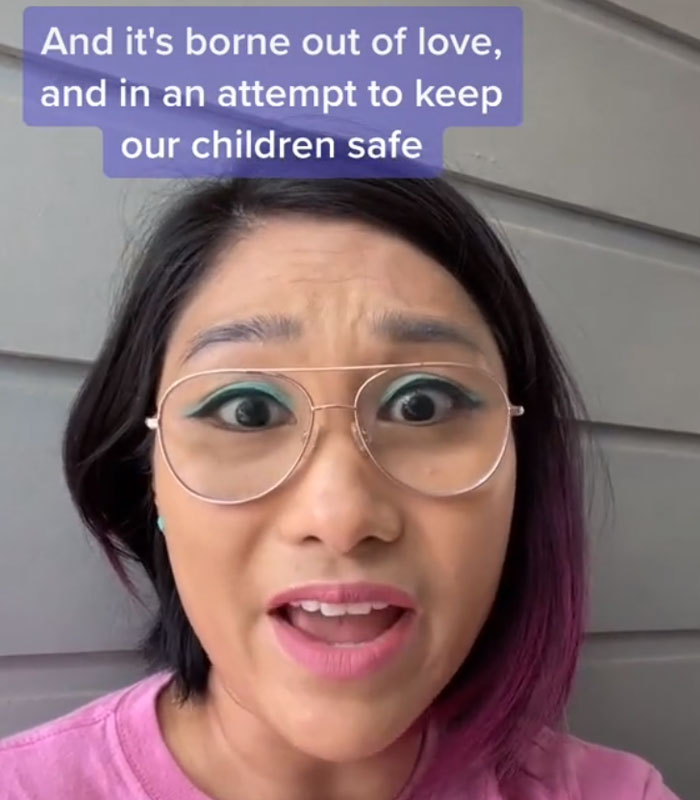
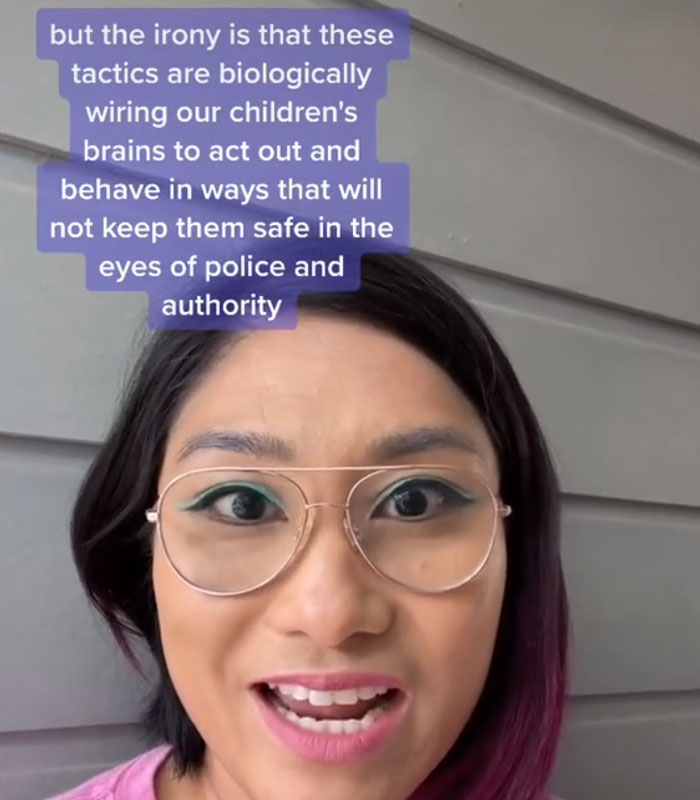
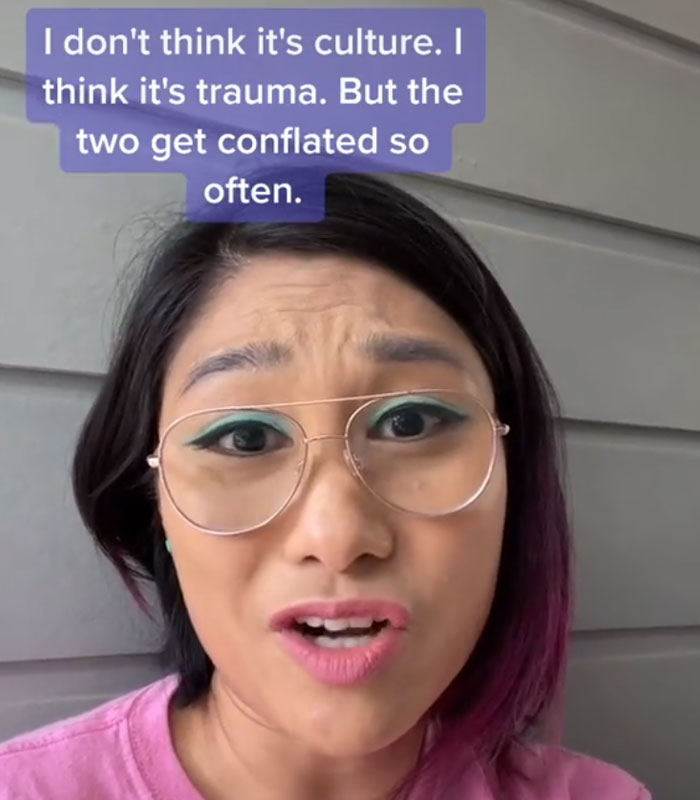
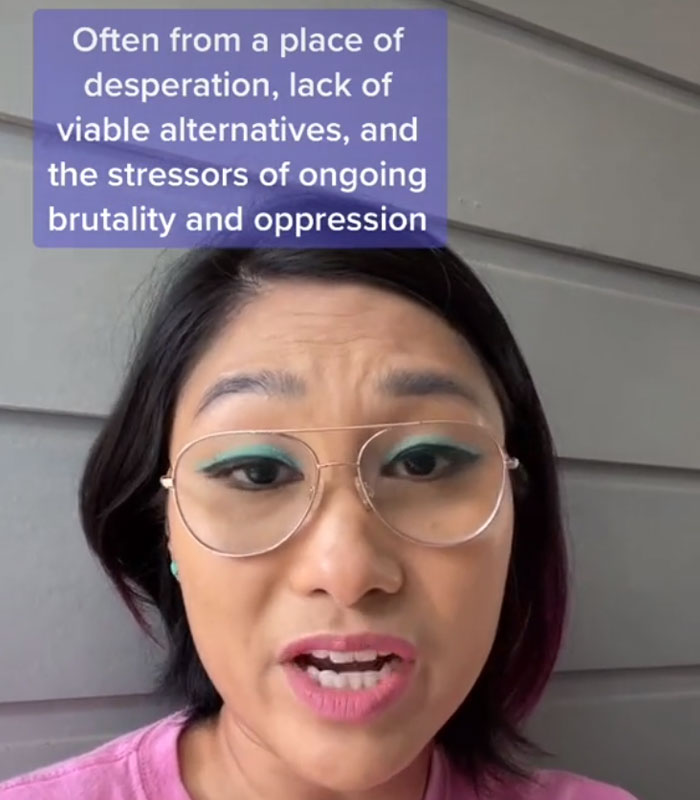














39
96